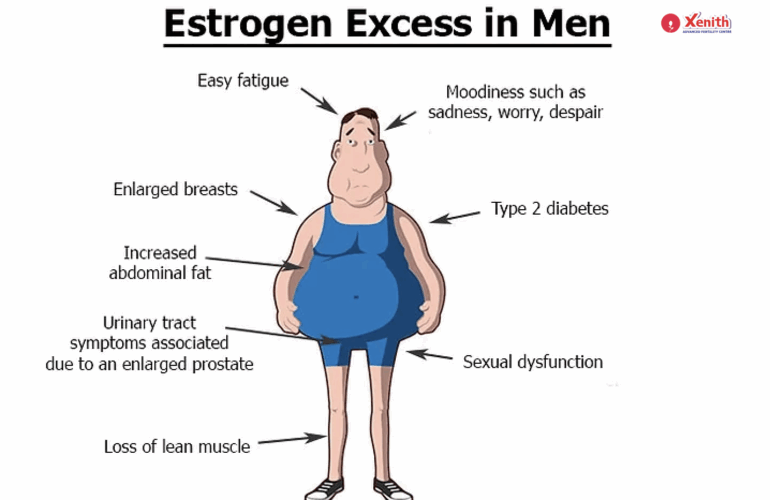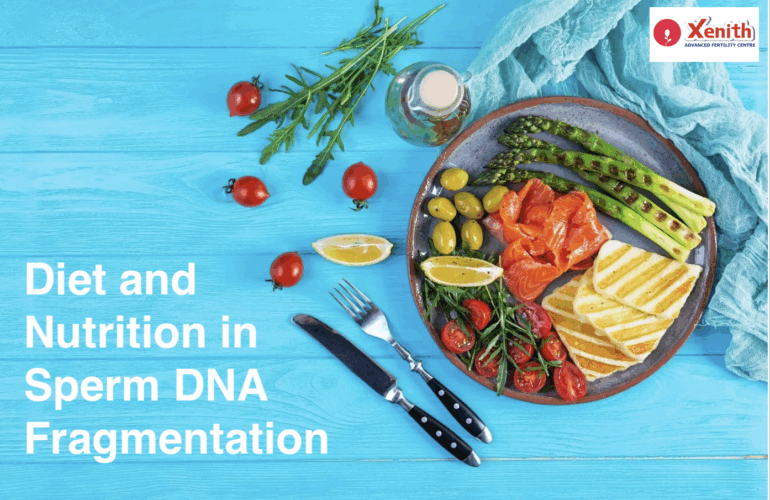When you’re first diagnosed with a serious medical condition, your mind naturally focuses on the immediate: the treatment plan, your health, and how life may change. Family planning might feel far away or even irrelevant at this moment. Yet, it’s an essential conversation to have before treatment begins.
Fertility preservation is the process of protecting or saving eggs, sperm, or embryos so they can be used to have biological children in the future. With advances in reproductive medicine, you now have powerful options to safeguard your ability to build a family—even if your treatment could impact fertility.

Free Thursday Consultation
Book Your AppointmentThis guide is here to provide you with clear, compassionate information about fertility preservation options, whether you’re facing cancer treatment, autoimmune disease, surgery, or another medical condition.
- Who Should Consider Fertility Preservation?
- Patients Diagnosed with Cancer (Oncofertility)
- Individuals with Autoimmune Diseases
- Patients Undergoing Certain Surgeries
- Individuals with a Family History of Early Menopause
- Individuals Undergoing Gender-Affirming Treatments
- Your Fertility Preservation Options Explained
- Egg Freezing (Oocyte Cryopreservation)
- Sperm Freezing (Sperm Cryopreservation)
- Embryo Freezing (Embryo Cryopreservation)
- The Oncofertility Process: A Team Approach
- Taking the First Step Towards Securing Your Future
- Frequently Asked Questions (FAQ)
Who Should Consider Fertility Preservation?
Fertility preservation is not just for cancer patients. Many medical conditions and treatments can affect reproductive health, and planning ahead gives you more choices for the future. Here are some situations where it may be especially important:
Patients Diagnosed with Cancer (Oncofertility)

Cancer treatments like chemotherapy and radiation are designed to target rapidly dividing cells, but they can also harm eggs and sperm. For example, a young man preparing for chemotherapy for lymphoma may freeze his sperm beforehand, ensuring he has the option of fathering children later. Similarly, a woman diagnosed with breast cancer can freeze her eggs before beginning treatment, giving her the chance to use them in the future once she has recovered.
Individuals with Autoimmune Diseases

Autoimmune conditions such as lupus or rheumatoid arthritis often require medications like cyclophosphamide, which can reduce fertility over time. For instance, a woman newly diagnosed with lupus may choose to freeze her eggs before starting treatment, so she won’t lose her chance at motherhood later. Likewise, a man with severe rheumatoid arthritis might preserve his sperm before beginning long-term immunosuppressive therapy.
Patients Undergoing Certain Surgeries

Surgeries that involve reproductive organs may reduce or eliminate fertility. For example, a woman undergoing surgery for severe endometriosis may need part or all of her ovaries removed, which could make egg freezing beforehand a wise step. In another case, a man facing testicular surgery after trauma or cancer may freeze his sperm to protect his ability to have children in the future.
Individuals with a Family History of Early Menopause

If early menopause runs in your family, you may face a shorter fertility window. Take, for instance, a woman whose mother and grandmother both experienced menopause in their 30s—she may decide to freeze her eggs in her 20s as a proactive measure. This provides peace of mind that she’ll have healthy eggs available, even if her natural fertility declines sooner than expected.
Individuals Undergoing Gender-Affirming Treatments

For transgender individuals, gender-affirming treatments such as hormone therapy or surgery can affect reproductive ability. For example, a transgender woman starting hormone therapy may preserve sperm before beginning treatment, while a transgender man preparing for gender-affirming surgery might freeze eggs in advance. This ensures that, if they choose, they can still have biological children later in life.
Your Fertility Preservation Options Explained
Fertility preservation is not one-size-fits-all. The best option depends on your health, treatment timeline, and personal circumstances. Here are the most common methods:
Egg Freezing (Oocyte Cryopreservation)
What it is: A woman’s eggs are retrieved from the ovaries, frozen, and stored for later use.
Who it’s for: Women who are about to undergo treatments that may affect fertility.
The Process: It involves about two weeks of hormone injections to stimulate the ovaries, followed by a minor procedure to retrieve the eggs. The eggs are then frozen using vitrification, a rapid-freezing technique that preserves their quality.

Sperm Freezing (Sperm Cryopreservation)
What it is: Collecting and freezing sperm for future use.
Who it’s for: Men at risk of infertility due to cancer treatments, autoimmune medications, or surgery.
The Process: Typically, men provide a semen sample, which is analyzed and then frozen. This is a simple, quick, and highly effective method.

Embryo Freezing (Embryo Cryopreservation)
What it is: Eggs are fertilized with sperm in a lab to create embryos, which are then frozen.
Who it’s for: Couples in a committed relationship who want to preserve their joint fertility.
The Process: This involves IVF (in vitro fertilization) using the woman’s eggs and partner’s or donor sperm, followed by embryo freezing for future implantation.

The Oncofertility Process: A Team Approach
We understand that a new diagnosis can feel overwhelming, and thinking about the future may not be your first priority right now. That’s where oncofertility comes in. In India, this approach brings together your oncologist (or other treating specialist) and a fertility doctor to create a plan that protects both your health and your ability to have a family later.
What matters most is timing. Speaking with a fertility specialist as soon as possible—ideally right after diagnosis and before starting treatment—can make a big difference. Even a short consultation early on can give you options that may not be available later, and it won’t interfere with the urgent care you need for your health.
Taking the First Step Towards Securing Your Future
A serious medical diagnosis does not have to mean giving up on your dream of parenthood. Today’s medical science offers safe, effective ways to protect your ability to have children, even when treatments threaten fertility.
The key is to act early. Time is critical, and the first step is having a conversation with your medical team about fertility preservation. Remember, you don’t have to go through this alone—specialists are here to guide and support you.
If you or a loved one is facing a medical treatment, time is of the essence. Contact Xenith IVF for an urgent consultation to discuss your fertility preservation options with our compassionate experts.
Frequently Asked Questions (FAQ)
Chemotherapy drugs are designed to target rapidly dividing cells. Unfortunately, they cannot always distinguish between cancer cells and other rapidly dividing cells in the body, such as sperm-producing cells in the testes or eggs in the ovaries. This can damage or destroy a person’s eggs or sperm, potentially leading to temporary or permanent infertility.
Yes, it is considered very safe. Fertility specialists work closely with your oncologist to ensure the egg freezing cycle, which typically takes about two weeks, is completed safely without negatively impacting your cancer treatment schedule.
Thanks to the modern freezing technique called vitrification, eggs, sperm, and embryos can be stored for many years—potentially indefinitely—without any significant degradation in quality.




